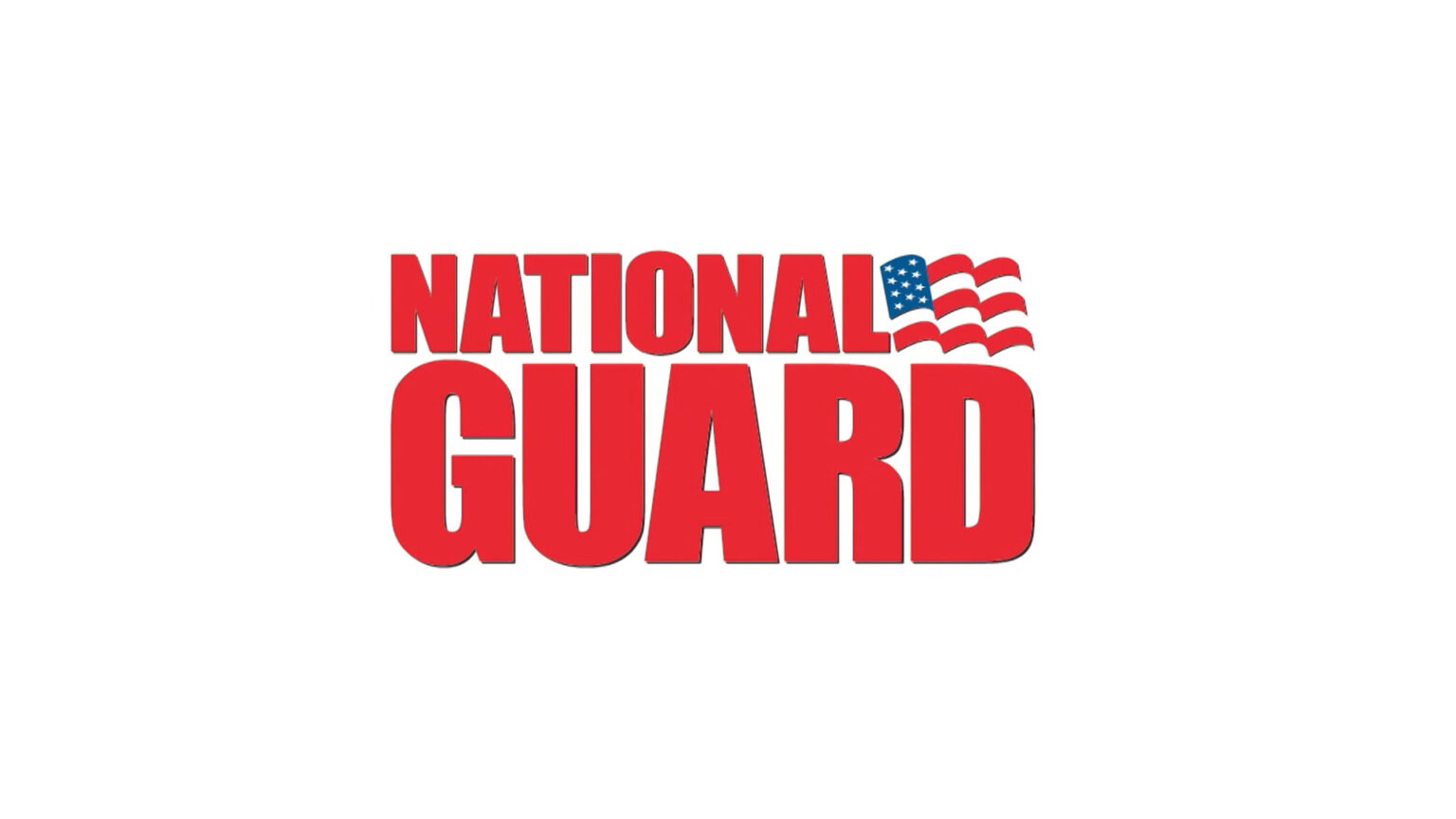Joining the National Guard or Reserves represents a significant commitment, often filled with questions about the benefits and requirements associated with service.
A crucial aspect for many service members is understanding the duration of service necessary to access various benefits.
The National Guard and Reserves offer a range of benefits, from retirement pay to VA loans, each with its own set of eligibility criteria.
Service in these branches is one-of-a-kind, blending civilian life with military duties, and the path to earning National Guard benefits reflects this distinctiveness.
Key Takeaways
- Members can qualify for VA loans by serving 6 years in the National Guard, or 90 days of active duty during wartime.
- Members of the National Guard and Reserves must fulfill commitments including monthly drills, annual training, and potential deployments.
- Members balance civilian careers or education with military duties, requiring adaptability and time management.
- Benefits are earned through a point system, with points accumulated from drills, training, and active duty.
- Retirement pay depends on points, rank, and length of service.
Overview of Service Requirements

| Type of Service | Monthly Drills | Annual Training | Additional Commitments | Minimum Service Period |
|---|---|---|---|---|
| National Guard | One weekend per month | Two weeks per year | Possible deployment, state emergencies | Typically 6 years |
| Reserves | One weekend per month | Two weeks per year | Possible deployment, specialized training | Typically 6 years |
Joining the National Guard or Reserves involves a blend of military and civilian commitments, with specific requirements that members must fulfill to qualify for various National Guard benefits.
Service in these branches typically includes a combination of monthly drills, annual training, and potential additional duties.
Monthly Drills and Annual Training
National Guard members are generally required to attend monthly drills, which usually occur over a weekend, and an annual training period lasting about two weeks. These drills and training sessions are critical for maintaining military skills and readiness.
These sessions are designed to keep members proficient in their roles and prepared for any active duty assignments. Members participate in annual training, a longer period that typically lasts about two weeks.
During this time, they may engage in more comprehensive exercises, field training, and coordination with other units, ensuring they stay current with military protocols and technology.
Deployment and Active Duty
In addition to drills and training, members may be called for deployment or state emergency duties. These periods of active duty vary in length and frequency, depending on national and international military needs.
The length and frequency of these deployments can vary significantly, from short-term assignments lasting a few weeks to extended missions that could span months or even years.
Service members are expected to be ready to deploy on short notice, emphasizing the importance of maintaining a high level of physical and mental preparedness.
Balancing Civilian and Military Roles
A unique aspect of the National Guard and Reserves is the dual role members play, balancing their civilian careers or education with their military obligations.
Members often have full-time civilian jobs, attend school, or run businesses, making time management and adaptability essential skills.
A dual role means they have to plan their lives around their training schedules and be prepared to shift to full-time military responsibilities if called upon.
The commitment requires a high level of discipline, as members must constantly juggle their civilian commitments with their obligations to the military.
Commitment Duration
The duration of commitment in the National Guard is typically a minimum of six years, but this can vary depending on individual contracts and roles within the service.
- Scheduled drills
- Annual training
- Fulfill any deployment requirements
However, the length of the commitment can vary based on the individual’s contract, chosen role, or specialized training they receive.
Some may opt for longer commitments if they pursue specific career paths within the military that require extended service or additional training periods.
Contracts may also offer re-enlistment bonuses or incentives for members willing to extend their service beyond the initial term.
Retirement Benefits and Point System
Retirement benefits in the National Guard and Reserves are based on a point system, reflecting the unique nature of service in these branches.
| Category | Description | Points Earned |
|---|---|---|
| Inactive Duty Training (IDT) | One point for each 4 hours, up to 2 points per day. | 4 hours/1 point |
| Annual Membership | Points for being a member each year. | Year/15 points |
| Active Service | Points for each day of active duty or active duty for training. | Day/1 point |
| Funeral Honors Duty | Points for each day of performing funeral honors duty. | Day/1 point |
| Correspondence Courses | Points for completing accredited correspondence courses. | 3 credit hours/1 point |
Earning Points
Points are accrued through various service activities, including drills, annual training, and active duty. Each year, members must earn a minimum number of points to qualify for retirement benefits.
- Drills: Points are awarded for each drill period attended.
- Annual Training: Additional points are earned during the annual training period.
- Active Duty: Active duty periods, whether for deployment or training, contribute significantly to point accumulation.
Calculating Retirement Benefits
Retirement Army National Guard pay is calculated based on the total number of points accumulated, the member’s rank, and the length of service. The more points accrued, the higher the retirement benefits.
After completing the required years of service and reaching a certain age, typically 60, members can transition to retirement, drawing benefits based on their accumulated points.
VA Loan Eligibility
Eligibility for VA loans as a member of the National Guard or Reserves requires meeting specific service criteria.
| Topic | Description |
|---|---|
| Service Requirements | Requires six years in the Selected Reserve/National Guard or 90 days of active duty during wartime. |
| Certificate of Eligibility | A document proving service and eligibility is essential for the VA loan application. |
| VA Loan Benefits | No down payment, lower interest rates, and no private mortgage insurance. |
| Applying for a VA Loan | Involves working with a VA-approved lender and may include credit and income checks. |
Educational Benefits for Service Members

The National Guard and Reserves offer a variety of educational benefits, providing significant support for members’ personal and professional growth.
Types of Educational Benefits
Educational programs available to service members include:
Post-9/11 GI Bill
Post-9/11 GI Bill program offers comprehensive educational benefits to veterans who have served on active duty after September 10, 2001.
The benefits include tuition and fee coverage for in-state public schools, a monthly housing allowance based on the cost of living where the school is located, and a stipend for books and supplies up to $1,000 per year.
Veterans can also transfer these benefits to family members, such as spouses or children, making it one of the most flexible education programs available for service members.
Montgomery GI Bill-Active Duty (MGIB-AD)
Montgomery GI Bill-Active Duty (MGIB-AD) bill provides educational benefits to individuals who have served on active duty, offering a monthly payment to help cover education costs.
The amount received depends on factors such as length of service, enrollment status, and the type of education or training program pursued.
- College degrees
- Vocational training
- Online courses
Montgomery GI Bill-Selected Reserve (MGIB-SR)
Tailored specifically for members of the Selected Reserve, including the Army, Navy, Air Force, Marine Corps, and Coast Guard Reserves, as well as the Army and Air National Guard.
Unlike the MGIB-AD, this program does not require active duty service, but members must meet specific eligibility requirements, such as a six-year service obligation.
The MGIB-SR provides monthly payments to help cover the costs of educational programs, from traditional college degrees to technical and vocational training.
Reserve Educational Assistance Program (REAP)
Designed to provide educational benefits to Reserve and National Guard members who were called to active duty in response to a war or national emergency.
REAP offered benefits proportionate to the amount of time served on active duty, making it a valuable program for those who served part-time but were activated for service during times of need.
Though REAP was phased out in 2015, some members may still be able to receive benefits under a transition plan.
Eligibility and Application
Eligibility for these programs typically depends on the length of service and the type of duty performed. We encourage members to apply through the VA website or their educational officer to understand the specific benefits they qualify for
Interesting Fact: The Air National Guard has overturned more than 20% of the injury benefits initially approved by local units.
Life Insurance Options

Life insurance is a critical component of the financial planning for National Guard and Reserve members, providing security and peace of mind for themselves and their families.
Key Programs and Benefits
- Servicemembers’ Group Life Insurance (SGLI): This low-cost group life insurance program is available to all service members. It offers varying levels of coverage up to a maximum amount.
- Veterans’ Group Life Insurance (VGLI): Upon leaving the service, members can convert their SGLI to VGLI, a civilian version of the same insurance, without needing to prove good health.
- Family Servicemembers’ Group Life Insurance (FSGLI): This provides life insurance coverage for the spouses and dependent children of service members insured under SGLI.
- SGLI Traumatic Injury Protection (TSGLI): This program offers short-term financial assistance to service members during their recovery from a traumatic injury.
Choose the Right Coverage
National Guard and Reserve members need to assess their individual and family needs when choosing a life insurance plan. Factors like coverage amount, premiums, and the duration of coverage play a crucial role in this decision-making process.
Disability Compensation and VA Pension
Disability compensation and VA pensions are vital National Guard benefits for members who experience injuries or illnesses due to their service.
| Benefit | Description |
|---|---|
| Disability Compensation | Monthly, tax-free payment for service-connected disabilities, covering injuries from active or training duty. |
| VA Pension | Tax-free income for wartime veterans 65+ or with non-service-connected disabilities and limited income. |
| Eligibility and Application | Based on disability, service length, and financial need. Requires service and medical documentation. |
Veteran Readiness and Employment Services

Veteran Readiness and Employment (VR&E) services play a pivotal role in supporting National Guard and Reserve members transitioning back to civilian life, especially for those with service-connected disabilities.
Services Offered
- Vocational Counseling: Guidance on career choices and training opportunities.
- Job Placement Assistance: Support in finding suitable employment, including resume development and interview preparation.
- Training Programs: Opportunities for skills development and education to enhance employability.
Eligibility and Access
To access these services, veterans must have a service-connected disability rating. The program is designed to help those facing challenges in their civilian careers due to their military service.
Health Care Benefits for Veterans
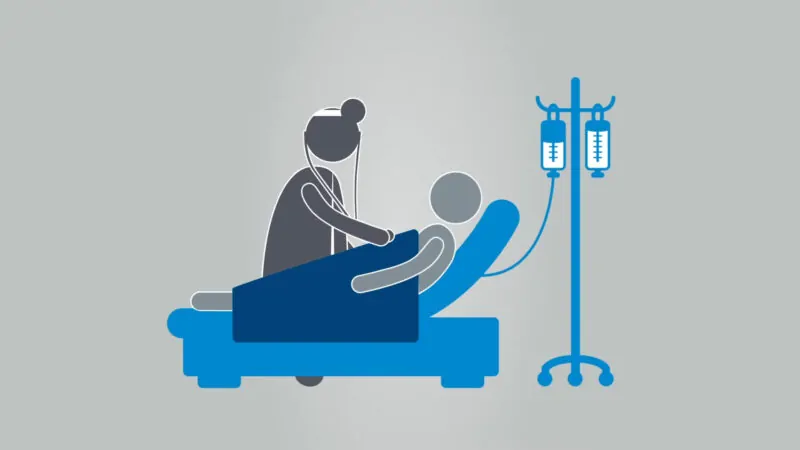
Health care benefits are a crucial aspect of the support provided to National Guard and Reserve veterans.
These benefits ensure access to comprehensive medical care during and after their service.
Coverage and Services
- Inpatient and Outpatient Services: Comprehensive medical treatment facilities.
- Dental and Pharmacy Services: Access to dental care and prescription medications.
- Prosthetic Services: Support for veterans needing prosthetic devices.
Burial and Memorial Benefits
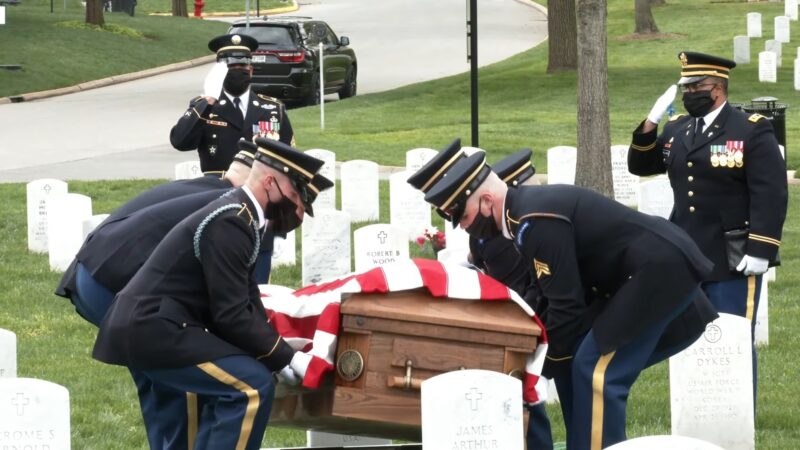
We must say that burial and memorial benefits honor the service and sacrifice of National Guard and Reserve members, providing dignified and respectful final arrangements.
Benefits and Services
The Department of Veterans Affairs (VA) offers several benefits and services to honor and support veterans and their families during times of loss. These benefits include:
Burial in a National Cemetery
Eligible veterans, service members, and, in some cases, their dependents, have the option to be buried in one of the VA’s national cemeteries at no cost.
National cemeteries are maintained by the VA to honor the service and sacrifice of those who have served in the armed forces, and each site provides a dignified and serene final resting place.
Burial Allowances
The VA provides financial assistance to help veterans’ families cover burial and funeral costs.
The assistance amount depends on factors like whether the death was service-related or not. For service-related deaths, the VA pays a higher amount to cover funeral expenses.
For non-service-related deaths, the VA also offers burial allowances, though the amount is typically lower. Families can use these allowances to cover funeral costs, transport the body, and secure a burial plot.
Headstones and Markers
The VA provides headstones, markers, or medallions at no cost for the graves of eligible veterans, even those buried in private cemeteries, as part of its commitment to recognizing veterans’ service.
- Veteran’s name
- Branch of service
- Rank
- Date of birth
- Date of death
Families can choose from a variety of designs, ensuring that the marker reflects the dignity and honor of their loved one’s service.
Qualifying for Benefits
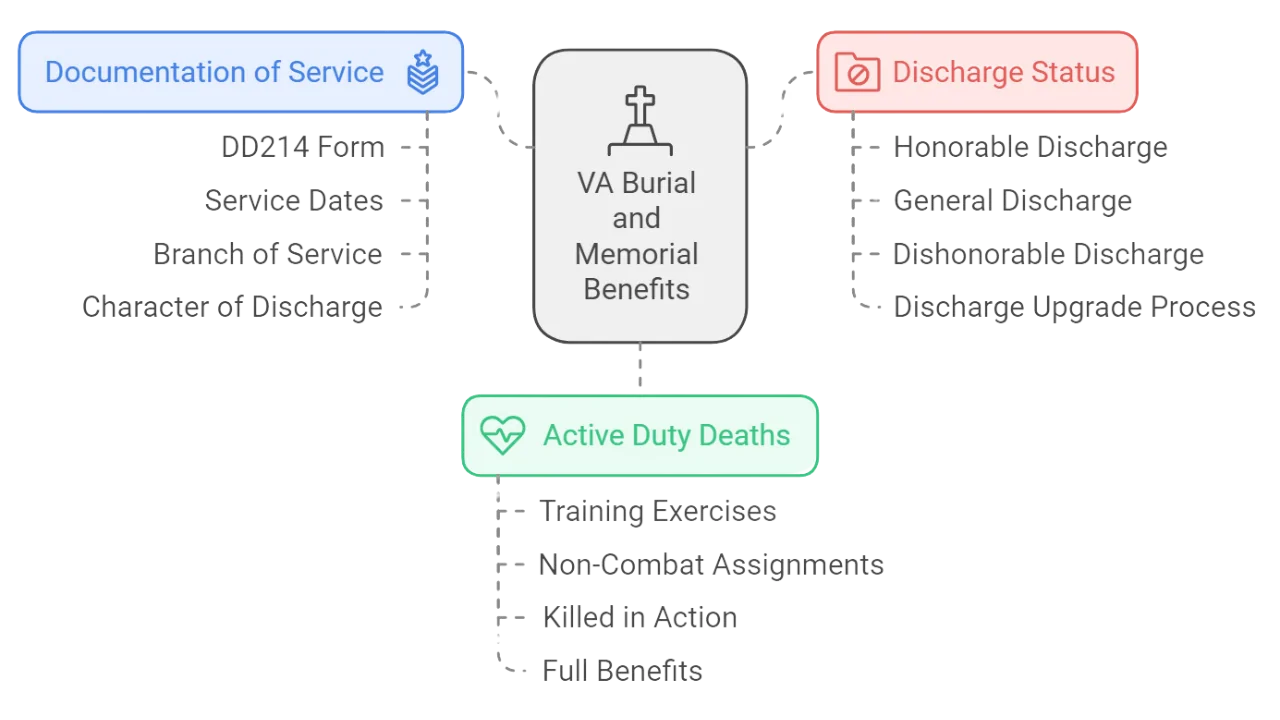
Eligibility for VA burial and memorial benefits is determined based on a veteran’s service history, discharge status, and specific circumstances surrounding their death.
Generally, to qualify for these benefits, a veteran must meet the following criteria:
Documentation of Service
Veterans need to provide official documentation that verifies their service in the U.S. military. Typically, it includes a copy of the DD214 form, which outlines the service member’s dates of service, branch, and character of discharge.
Ensuring this documentation is available and accurate is essential for family members seeking to arrange burial benefits, as it proves eligibility.
Honorable Discharge

An honorable or general discharge under honorable conditions is required for burial and memorial benefits. Veterans with a dishonorable discharge are typically ineligible for these benefits.
However, in some cases, veterans can have their discharge status reviewed and upgraded through a legal process. If successfully changed, this can make them eligible for burial benefits.
Special Provisions for Active Duty Deaths
Veterans who die while on active duty automatically qualify for burial benefits, regardless of the length of service.
It includes service members who pass away during training exercises or non-combat assignments, as well as those killed in action.
Their families receive full benefits, including burial in a national cemetery, a burial allowance, and a government-issued headstone or marker.
Defining a Veteran for Benefit Purposes
In the context of accessing National Guard benefits, the definition of a veteran is crucial. This definition determines who is eligible for the wide range of benefits offered by the Department of Veterans Affairs (VA) and other agencies.
Criteria for Veteran Status
Now let us take a look at the criteria for a veteran status:
| Criteria | Description |
|---|---|
| Service in Active Military, Naval, or Air Service | Must have served on active duty, including federal orders (Title 10) for National Guard/Reserves. State orders may not count unless specified. |
| Discharge Conditions | “Honorable” or “General” discharges allow benefits; “OTH,” “Bad Conduct,” and “Dishonorable” may limit or disqualify access. |
| Length of Service | Typically requires 24 months of active duty or the full-service period. Exceptions include service-connected disabilities or special conditions. |
| Type of Duty | Active duty service qualifies; federal orders (Title 10) count for Guard/Reserves. Training duties (ADT, IDT) may qualify if injuries occur. |
| Service During Wartime | Serving during designated wartime periods (e.g., WWII, Vietnam) can unlock enhanced benefits like VA pensions and special healthcare programs. |
Eligibility Criteria for Various Benefits

Eligibility for benefits for Army National Guard members depends on various factors, each tailored to specific benefits.
Key Factors Influencing Eligibility
Veterans’ benefits are determined by multiple factors, each playing a role in shaping eligibility.
Service members must meet specific criteria tied to their length of service, duty status, and the period during which they served.
Some benefits require a longer commitment, while others are linked to particular service-related conditions.
Length of Service
Many benefits have a minimum service requirement.
Those who have served for an extended period may qualify for a broader range of assistance, while shorter service durations could limit eligibility.
For example, educational programs often require active duty service for a specific length of time before full benefits become accessible.
Type of Service
The nature of military service can impact the benefits a veteran is entitled to receive. Active duty service, active duty for training, and inactive duty training are all evaluated differently.
Some programs apply exclusively to those who have served on active duty, while others may extend to reservists or National Guard members under certain conditions.
Service During Wartime Periods
Periods of wartime service can open eligibility for specific benefits that are not available to those who served exclusively in peacetime. This factor influences compensation rates, home loan guarantees, and healthcare eligibility, among other benefits.
The government periodically defines recognized wartime periods, and veterans who served during those times may have access to additional programs.
Conditions for Specific Benefits
Different veterans’ benefits come with their own eligibility requirements, often based on service duration, duty status, and specific qualifications.
While some programs extend support to a wide range of veterans, others require meeting precise conditions.
These benefits are designed to assist with education, homeownership, healthcare, and disability support, ensuring that those who have served receive the necessary resources for their post-military lives.
Educational Benefits
Programs like the GI Bill require a minimum length of active duty service.
The eligibility period can also be affected by the type of discharge received and whether the veteran has completed the required service obligation.
VA Loans
Home loan benefits are available to service members who meet the minimum duty requirements, which vary based on wartime or peacetime service.
National Guard members and reservists may also qualify but often have additional service conditions to fulfill before eligibility is granted.
Healthcare and Disability Benefits
Eligibility for healthcare and disability compensation depends on multiple factors, including service-connected injuries or illnesses.
Veterans who suffered disabilities due to their service may receive priority access to VA healthcare and financial compensation.
The severity of the disability and its connection to military service play a crucial role in determining the level of benefits.
Impact of Type of Service on Benefits
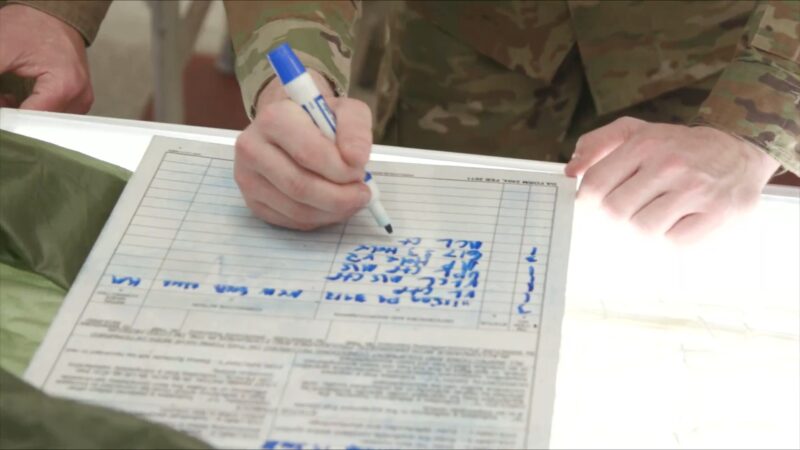
The type of service rendered by National Guard and Reserve members significantly influences their eligibility for various benefits.
Active duty and inactive duty classifications shape the level of benefits service members receive, influencing areas like healthcare, education, and financial assistance.
The distinction primarily hinges on service commitment, operational requirements, and legal classifications under federal law.
Active Duty vs. Inactive Duty
Service members on active duty operate under federal authority, typically engaging in full-time military obligations. Those in this category often receive a comprehensive range of benefits, such as tuition assistance, access to VA home loans, full medical coverage, and retirement benefits.
Active duty personnel may be stationed domestically or internationally, depending on operational needs.
Members who are not serving full-time but still maintain obligations within the military structure fall under inactive duty status. The category includes reservists and individuals assigned to training commitments or specialized readiness programs.
Benefits tend to be more limited, primarily focusing on aspects like disability compensation for injuries sustained during required training sessions.
Full-Time National Guard Duty (Title 32)
National Guard members serving under Title 32 operate under state authority with federal funding.
The classification allows them to perform domestic missions, disaster response, and other duties within their home state while remaining under the governor’s command.
While some benefits mirror those granted to active-duty personnel, others vary, particularly in healthcare and long-term financial assistance.
Qualification for education benefits, VA home loans, and retirement plans depends on specific service conditions, including duration and nature of deployment.
Discharge Status and Benefit Eligibility

The discharge status of a service member plays a pivotal role in determining their eligibility for various veterans’ benefits.
This status, noted on the DD-214 or other separation documents, is a key factor in the Army National Guard benefits application process.
Types of Discharge
Types of military discharge classifications play a significant role in a veteran's post-service life, influencing access to benefits, employment opportunities, and overall reputation. Each category reflects the nature of a service member's conduct while enlisted and the circumstances surrounding their separation. While some discharges ensure eligibility for essential benefits, others come with significant restrictions, requiring further review or disqualifying the individual entirely. Understanding these distinctions is crucial for veterans and their families as they navigate life after service.
Honorable and General Discharges
These are the most favorable types of discharge, typically granted to service members who met or exceeded the expectations of their duties. Veterans with an honorable discharge have full access to benefits provided by the Department of Veterans Affairs (VA), including healthcare, education, home loans, and pension programs.
A general discharge under honorable conditions is slightly less favorable but still allows access to many VA benefits, though some educational programs, such as the GI Bill, may have restrictions.
Other Than Honorable (OTH) Discharges
This type of administrative discharge falls below honorable and general classifications. Service members receiving an OTH discharge may face challenges when seeking VA benefits, as eligibility is not automatically granted.
Instead, the VA conducts an independent review to assess whether benefits can be awarded on a case-by-case basis.
Veterans in this category may need to provide additional documentation or appeal decisions to regain access to certain programs.
Bad Conduct and Dishonorable Discharges
Issued as a result of a court-martial, these discharges carry the most severe consequences. A bad conduct discharge (BCD) is given after a service member has been found guilty of misconduct, typically through a special or general court-martial.
A dishonorable discharge, the most serious classification, is reserved for offenses such as desertion, violent crimes, or other serious violations of military law.
Veterans with these classifications are typically disqualified from receiving VA benefits, including healthcare, disability compensation, and education assistance. These discharges often carry a lasting stigma, making employment and reintegration into civilian life particularly difficult.
Special Cases - Merchant Mariners and Other Groups

Certain groups have unique considerations when it comes to veterans' benefits eligibility. These include Merchant Mariners and members of other specific organizations.
Merchant Mariners
- World War II Service: Merchant Mariners who served during World War II are recognized as veterans for benefit purposes.
- Post-WWII Service: Eligibility for benefits among Merchant Mariners who served after WWII is limited and often requires specific legislation to acknowledge their veteran status.
Other Groups
- Public Health Service and NOAA: Members of the U.S. Public Health Service and the National Oceanic and Atmospheric Administration are recognized as veterans for benefit purposes under certain conditions.
- Foreign Nationals and Other Unique Cases: Special provisions and considerations apply, depending on the individual's service and circumstances.
What About Claims and Denials?
Navigating the process of claims for veterans' benefits can be challenging, especially when facing denials or the need for appeals.
Filing a Claim
- Proper Documentation: Including all necessary service and medical records is crucial for ensuring a successful claim.
- Understanding the Process: Familiarity with the VA's claims process aids in timely and accurate submissions.
Dealing with Denials
- Reasons for Denial: Claims can be denied due to insufficient evidence, lack of qualifying service, or administrative errors.
- Appeal Process: Veterans have the right to appeal denials, which involves a review and possibly a hearing. Understanding the grounds for appeal and gathering supporting evidence is key.
Seeking Assistance
- VA Resources and Advocates: Utilizing VA resources or working with veteran advocates can provide guidance and support through the claims and appeals process.
FAQs
Last Thoughts
Joining the National Guard or Reserves is a commitment that offers a blend of military and civilian experiences, along with a range of National Guard benefits tailored to support the needs of service members.
These benefits encompass retirement, education, healthcare, and home ownership, each with specific eligibility requirements tied to the length and type of service rendered.
We are also covering other areas of the military. Therefore, stay with us at NSIN.
Sources
-
- MilitaryoneSource - Joining the Military as a Reservist: Eligibility, Obligation and Benefits
- Military - National Guard and Military Reserves Explained
- co.ng.mil - DrillDates
- Defense Finance and Accounting Service - Army Reservist (Called to Active Duty) - Inactive Duty Training (IDT)
- US Department of Veterans Affairs - How to request a VA home loan Certificate of Eligibility (COE)
- Army National Guard - Let Veterans Affairs help you get into your own house
- MilitaryoneSource - Post 9/11 GI Bill
- Texas Veterans Comission - G.I. Bill®
- University Veteran Services - Montgomery GI Bill®- Selected Reserve
- Benefits Veterans - Reserve Educational Assistance Program (REAP)
- ScrippsNews - Battle for benefits
- Military Benefit Association - How to Convert SGLI to VGLI Term Life Insurance
- Disaster Assistance - VA - Burial Benefits
- US Department of Defense - Requesting Military Records Including DD Form-214
- MyArmyBenefits - Burial and Memorial Benefits
- Office of the Law Revision - Title 10
- Office of the Law Revision - Title 32
- US Department of Defense - Review Board Gives Vets Another Chance to Upgrade Discharge Characterization
Related Posts:
- VFW National Convention in Phoenix (August 9 – 13, 2025)
- How Long Is Coast Guard Boot Camp - The Truth Behind…
- What Benefits Do You Get After 4 Years of Military Service
- What Are the Basic Requirements to Get Into the…
- Top 10 Long Range Drones in 2025 – Ultimate Guide
- Long, Fascinating, and Fruitful History of the…

